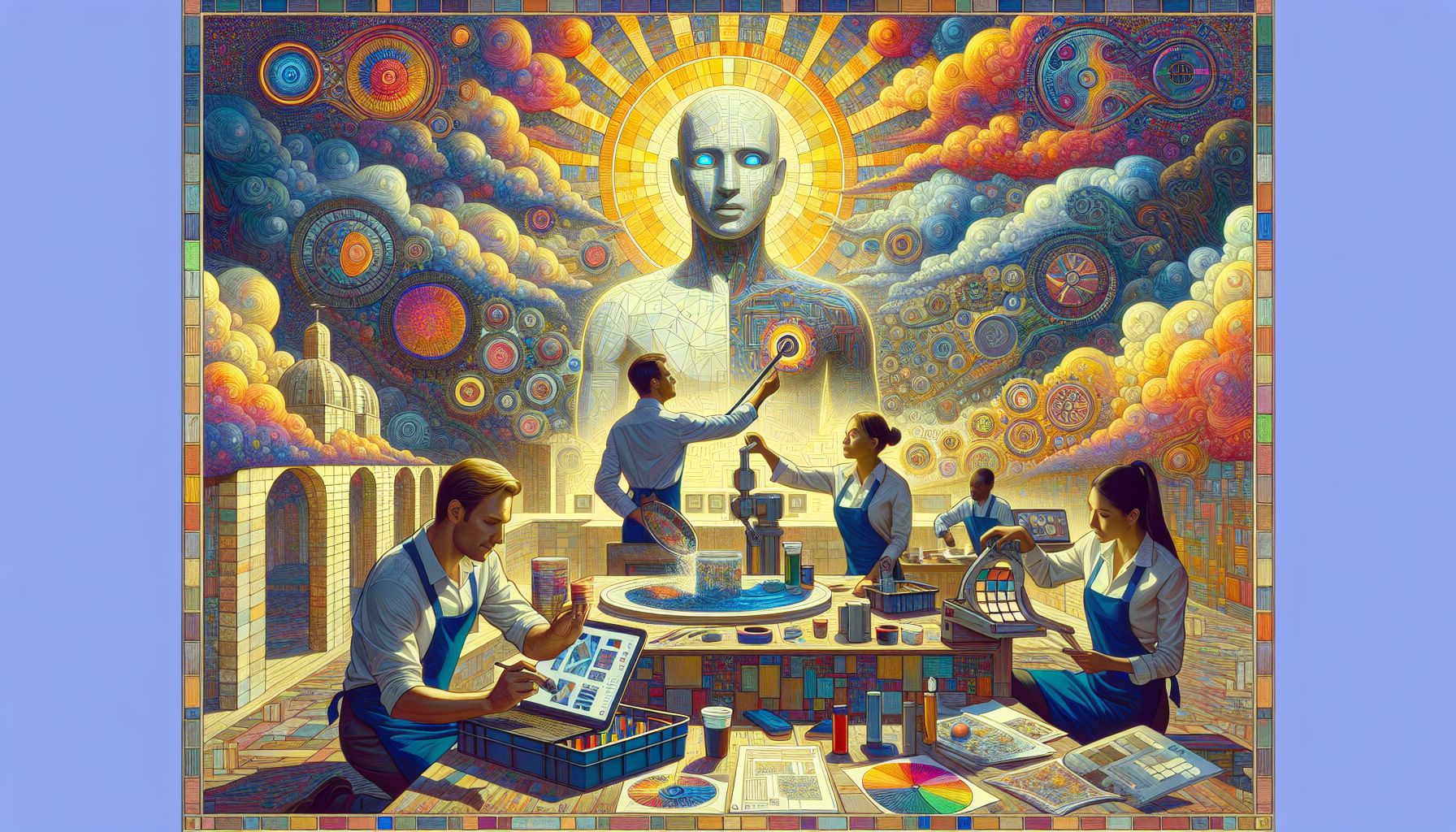Human-AI Collaboration: Tackling Complex Challenges Together

The Hague, Tuesday, 2 July 2024.
TNO advocates for integrating human ingenuity with AI capabilities to address complex issues. This approach aims to leverage the strengths of both, with humans excelling in intuition and empathy, while AI provides computational power for intricate calculations.
Leveraging Human Ingenuity and AI
TNO, a Netherlands-based research organization, has been at the forefront of advocating for a symbiotic relationship between human intellect and artificial intelligence. The goal is to create a collaborative environment where human creativity and emotional intelligence are augmented by AI’s data processing and computational abilities. This collaboration can lead to more efficient and effective solutions to complex problems that neither humans nor AI could solve independently.
The Role of Social Psychology and Neuroscience
To enhance human-AI collaboration, TNO emphasizes the importance of integrating insights from social psychology and neuroscience. Understanding how humans interact with AI systems and how these systems can be designed to meet human expectations is crucial. By applying principles from these fields, AI systems can be made more intuitive and user-friendly, thereby increasing their acceptance and utilization. This approach not only builds trust but also ensures that AI systems complement human abilities effectively.
Practical Applications in Healthcare
One of the most promising areas for human-AI collaboration is healthcare. TNO highlights that AI systems can assist doctors by providing data-driven insights and computational power for complex diagnoses. However, for this collaboration to be effective, it is essential that healthcare professionals understand how AI arrives at its conclusions. This transparency builds trust and allows for a more informed decision-making process. Enhanced collaboration could lead to better patient outcomes and more efficient healthcare delivery.
Improving Communication and Trust
Building trust between humans and AI systems is a critical aspect highlighted by TNO. Generative AI systems like ChatGPT often face skepticism due to a lack of understanding of their capabilities and limitations. TNO suggests that AI systems should transparently communicate their strengths and areas where they can provide assistance. Such clarity can set realistic expectations and foster a trusting relationship between users and AI, leading to more effective utilization of AI tools.
Future Prospects and Challenges
Looking ahead, the integration of human and AI capabilities presents both opportunities and challenges. The future lies in developing augmented intelligence where humans and AI work together seamlessly. This requires continuous improvement in AI systems, drawing from various disciplines like neuroscience, linguistics, and psychology. Additionally, there needs to be ongoing research and development to address the ethical and fairness concerns associated with AI, ensuring that these systems are equitable and beneficial for all users.

